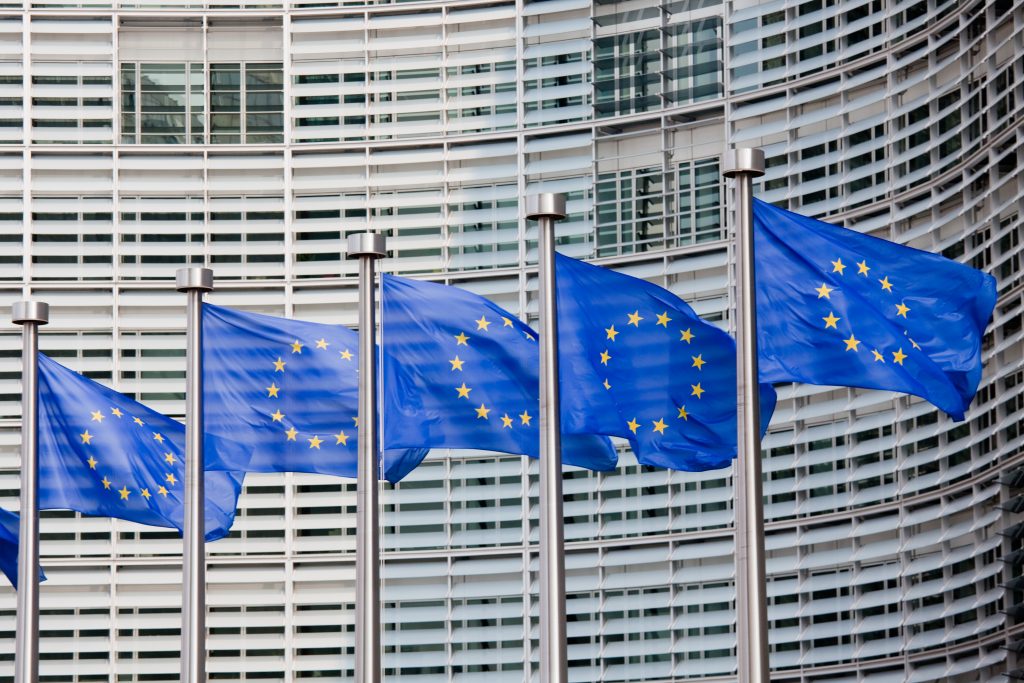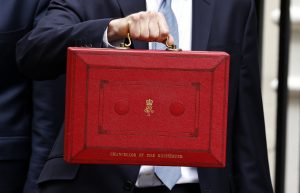5th January 2021
January Market Overview
UK
The UK has become the first western country to approve the Pfizer/BioNTechvaccine, with rollout starting in December. Approval for vaccines could seemingly not come fast enough, with the (official) UK death toll having now exceeded 75,000, though experts predict the actual number to be much higher.Officials have more recently approved the rollout of the Oxford University/AstraZeneca vaccine for use starting early January, which is expected could vaccinate millions each month by mid-January. The Oxford vaccine has the distinct advantage amongst those already approved that it can be stored in regular refrigerated temperatures of around 2-8C, compared with the Pfizer jab which must be stored at negative temperatures closer to -75C, making it much more easily distributed. Data from testing shows the Pfizer jab to provide greater immunity, though both far exceed the minimum requirement of 50% efficacy. The UK has enough jabs on order to cover the population three times over.
The country entered a new tiered system of semi-lockdown following the nationwide restrictions lasting until December 2nd, with most of the country in the stricter two tiers, which has now been increased to a 4-tier system. BorisJohnson faced a rebellion of Conservative MPs at the vote, with many opposing any form of lockdown, citing the economic damage.
Most of the South East of the England, including London, have moved into the highest tier of localised lockdowns amid surging cases in the capital. The Tier 4 measures mean there can be no social meetings outside or inside unless they are from the same household, the hospitality sector must close except for takeaways, with bars, restaurants and pubs all set to suffer, and people may goto work only in the case that they absolutely cannot work from home. New calls for a nationwide lockdown are being led by Labour leader Sir Keir Starmer, with calls for schools to remain closed amidst surging coronavirus cases and the recent discovery of a highly infectious new strain of the virus, which experts say is several times more infectious and seems to infect younger people more easily.
Brexit trade negotiations seem to have yielded results, with a trade deal announced on Christmas Eve. Having already left the European Union but remaining in a transition period during which time the UK was still subject to EU rules and regulations and remain within the single market and customs union, negotiating a post-transition trade deal was critical to keeping free trade between the two sides and avoiding a much-maligned no-deal. The exact details of the deal will be scrutinised more closely in the coming weeks, but a deal however thin it looks on the surface is very positive. It appears that the UK has secured tariff-free access to the single market, though this will come with additional customs checks. There will be no jurisdiction for the ECJ, a key demand from the government. A transition period of only several years forfishing rather than the fourteen years the EU wanted has been agreed, with theUK also winning out on achieving annual negotiations thereafter. Whilst the deal is light on services, no trade agreement covers this area in any detail. With the service sector so crucial to the UK economy though, it remains to be seen what the long-term impact of leaving the single market will be on the sector, particularly financial services.

Eurozone/EU
The ECB will extend its bond buying programme an additional 12-months into mid-2022. This news kept Eurozone bond yields hovering around all-time lows and sent the Euro rallying to a 2020 high. The ECB confirmed it would expand its existing €1.35tn emergency bond-buying programme by an additional €500bn, also keeping the deposit rate unchanged at -0.5%. The ECB has not set out actual targets on yields, but rather reiterated that it will aim to keep borrowing costs as low as possible.
On EU budget talks, Poland and Hungary have agreed on a compromise with Germany to unblock the EU’s $2.2 trillion budget and stimulus plan, which was put in jeopardy last month as both countries refused to the agreement sighting sovereignty concerns, objecting specifically to plans attaching rule-of-law conditions to any cash stimulus.
The EU has managed to agree on a climate deal after intense overnight negotiations between member states. European leaders have agreed to much more aggressive cuts in greenhouse gas emissions over the next decade, aiming to cut pollution by at least 55% by 2030, raising the target from 40% previously. Several of the Eastern European countries pushed back on a deal as their economies are much more reliant on fossil fuel, asking for more help to meet any future targets. Whilst not much ground was given, reassurances were made that the financial burden of the deal would not fall disproportionately on the poorer nation.
On coronavirus, Italy surpassed the UK to become the most country with the most COVID-related deaths, officially exceeding 75,000. Germany has entered into another full national lockdown after their lighter, regional approach has not yielded the desired results, with the country recording it biggest increase in coronavirus deaths since the pandemic began. Chancellor Angela Merkel is now considering extending this as the country grapples with ever-increasing case numbers. France, meanwhile, is delaying plans to reopen museums cinemas scheduled for Thursday, though schools are still set to reopen.
US
US hospitalisations from coronavirus hit a new high in December, surging past100k, exceeding the previous peak set in mid-April of just under 60k. The US has grappled more than other western nations with the trade-of between containing the spread of the virus and managing the economic impact, preferring to focus slightly more on the latter in comparison to Europe, which has endured much more substantial lockdowns. The results are plain, withmuch higher infections and deaths, but with the GDP contracting less thanother major economies. Second only to the UK, the US has approved both thePfizer/BioNTech vaccine and subsequently the Moderna vaccine, with rolloutof both following immediately. The US has not secured enough vaccine ordersto sufficiently cover its population which poses a challenge for the USeconomic recovery in contrast to the UK and Europe which have both securedsignificant orders.
US fiscal stimulus negotiations finally amounted to an agreement on thesecond largest stimulus package in US history, with over $900bn in economicaid agreed, with the House of Representatives voting 359-53 to approve themeasures. The bill includes nearly $300bn in small business relief, additional direct payments to American adults of up to $600bn, and a $300 top up in unemployment insurance until mid-March. With monetary stimulus seemingly at its limits, calls for a large fiscal stimulus package have been growing, and the eventual package has not disappointed.
Joe Biden has officially been confirmed as president-elect by the Electoral College, paving the way for his inauguration in January. This brings an end to the legal battles forced by President Donald Trump who now has no furtheravenues to pursue in overturning the election result but has finally began conceding the defeat.
Asia
After more than seven years of talks the EU and China have secured aninvestment agreement. An accord has the potential to reshape economic ties between the two blocs, whose bilateral trade topped $650 billion last year, and would dramatically shift the global trade power away from the US.
Meanwhile, Beijing has threatened to impose countermeasures afterWashington blacklisted more than 60 Chinese companies. China has said theUS has abused export controls to hurt other countries as the two countriescontinue to argue over trade. This comes as it is confirmed three Chinese telecoms companies will be delisted from the US stock exchange, following an executive order from President Trump. US shareholders can still hold on totheir shares, but the move is hugely symbolic and a further deterioration ofrelations between the worlds two largest economies.
Japan’s government approved a record $1tn budget earlier in December for the following fiscal year, which is a 1.2% rise from the current year. Japan, particularly under former Prime Minister Shinzo Abe, has favoured economic growth over debt management, and currently resides over the largest debt burden in the industrial world, with public debt standing at more than double the size of the $5tn Japanese economy.
Disclaimer:
The opinions expressed in this update are those of A&J Wealth Management Limited only, as at 5th January 2021, and are subject to change.
The content of this publication is for information purposes and should not be treated as a forecast, research, or advice to buy or sell any particular investment or to adopt any investment strategy. It does not provide personal advice based on an assessment of your own circumstances. Any views expressed are based on information received from a variety of sources which we believe to be reliable but are not guaranteed as to accuracy or completeness. Any expressions of opinion are subject to change without notice.
Past performance is not a reliable indicator of future results. Investing involves risk and the value of investments, and the income from them, may fall as well as rise and are not guaranteed. Investors may not get back the original amount invested.












